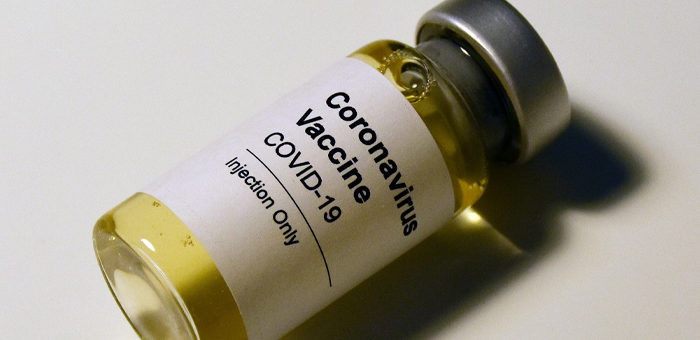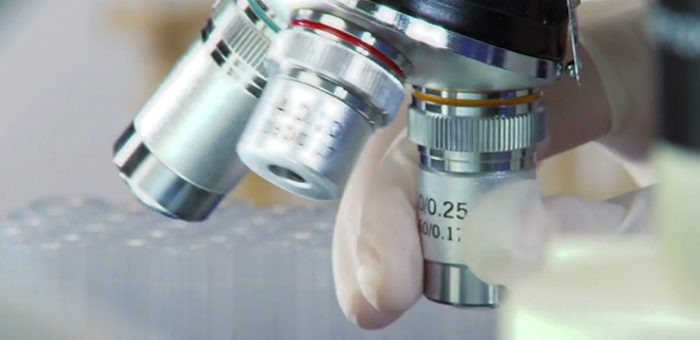
Biotechnology is the modification of living organisms or their components to produce useful, usually commercial, products. It has historical application in agricultural, medical, industrial and environmental industries. A contemporary example is genetic engineering, the development and application of scientific procedures that permit direct manipulation of genetic material in order to alter the hereditary traits of a cell, organism or population. To date, the most efficient and accurate methods of genetic alteration are CRISPR technologies. [1] These genome-editing systems have potential as a tool for treating a wide range of medical conditions that have a genetic component, including cancer.
While such developments in biotechnology hold immense legitimate promise for medicine and the greater good, they also raise profound moral questions. We are indebted to evangelical and other responsible bioethicists who study the ethical and moral implications of new biological and technological discoveries and the responsible use of biomedical advances, with particular emphasis on how it impacts both individual and common humanity.
The National Association of Evangelicals offers the following biblical principles to guide research and the application of biotechnology:
- All human beings are made in the image of God (Genesis 1:27) and therefore have intrinsic dignity that should be respected and honored. This respect for human dignity is paramount in the development of biotechnologies. Any technology that attempts to modify or eradicate the essential uniqueness of human beings among God’s good creation should be rejected. Social norms and patent law should strive to prevent human embryos, genes, cells, and other tissues from becoming commodities.
- Life in all human beings is a gift from God (Genesis 2:7) and thus inherently holy. The cloning or destruction of human embryos, whether for research (such as developing stem cells) or reproductive purposes, is not acceptable.
- Biotechnological developments should be motivated by a desire for advancing the health and flourishing of human life and not primarily for financial gain (1 Timothy 6:10). Government funding for research must include vigorous oversight.
- Our faith requires that we act justly, love mercy, and walk humbly with God (Micah 6:8). Biotechnological research and interventions must never discriminate against, mistreat, or otherwise take advantage of vulnerable populations. Flourishing is a global right of every human being. We must strive for equitable distribution of beneficial new technologies that improve human health and welfare. [2]
[1] Clustered Regularly Interspaced Short Palindromic Repeats (CRISPR, pronounced crisper), a game-changing genetic engineering technique. http://sitn.hms.harvard.edu/flash/2014/crispr-a-game-changing-genetic-engineering-technique/ (accessed October 5, 2016).
[2] For more information on a wide range of bioethical issues, advancements, emerging technologies and resources, please visit The Center for Bioethics & Human Dignity (CBHD) at CBHD.org. The CBHD is a Christian bioethics research center at Trinity International University that fosters an academically rigorous, distinctly Christian conception of bioethics.



 View All Updates
View All Updates 









